Theory of Constraints, Critical Chain Project Management, Lean : industry consulting & training - Marris Consulting
Conference and Master Class BEA Latvia with Philip Marris
9th edition of the Business Efficiency Forum in Riga with a Master Class on "Theory of Constraints and Lean" led by Philip Marris
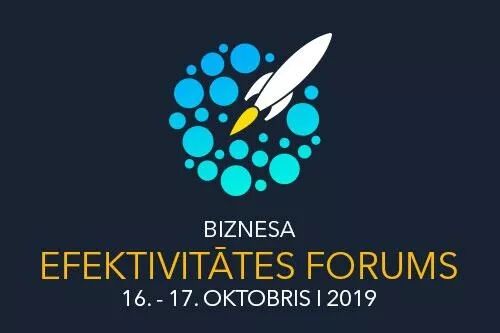
Business Efficiency Forum Riga, 16th-17th of October 2019
Conference: "Boosting performance quickly using the Theory Of Constraints combined with Lean"
by Philip Marris
Discussion panel: "Efficiency in the Future!"
with Philip Marris, Sergejs Litti, Mikuss Brakanskis
Master Class : "How to combine the Theory Of Constraints and Lean to quickly boost operational performance"
By Philip Marris
An event organized by BEA - Business Efficiency Association
Registration are no longer available for this event
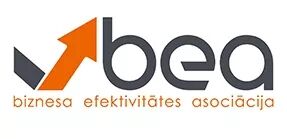
BEA is a leading association of professionals using efficiency methods in Latvia; its aim is to help companies becoming more competitive by sharing their knowledge and practical experience of applying efficiency improvement methods. This performance research can help you in situations where you need to: improve customer relationships, increase efficiency and accuracy at work, engage and motivate employees for change, create and maintain a work-life balance, avoid burnout and overload.
BEA was founded in 2008, around think tanks bringing together practitioners with methods of improving efficiency in their businesses, including Lean.
The conference and Master Class is in English, translated into Latvian and Russian
Conference: "Boosting performance quickly using the Theory Of Constraints combined with Lean"
Combining Lean and the Theory of Constraints creates a powerful cocktail. The Theory Of Constraints enables a company to identify the critical elements (the constraints) that are blocking performance of the company and then the Lean (or Lean Six Sigma) tools can be used to improve the performance of the constraints which directly and quickly improve the overall performance of the company.
Some experts say the Theory Of Constraints (TOC) is not compatible with Lean. In this presentation we show why this is not true. To do this we describe good Lean and bad Lean, and also good TOC and bad TOC. Then we show that “good Lean” and “good TOC” can easily be combined and that the incompatibilities are not critical and can be managed.
Industrial improvement efforts over the past 30 years have been handicapped by quarrels concerning the relative merits of the different approaches and of the supposed incompatibilities or fundamental differences among them. The presenter considers, on the contrary, that we should seek to combine them thereby creating a system that contains the best aspects of each movement.
Implementing the Theory Of Constraints plus Lean enables companies to go faster and further.
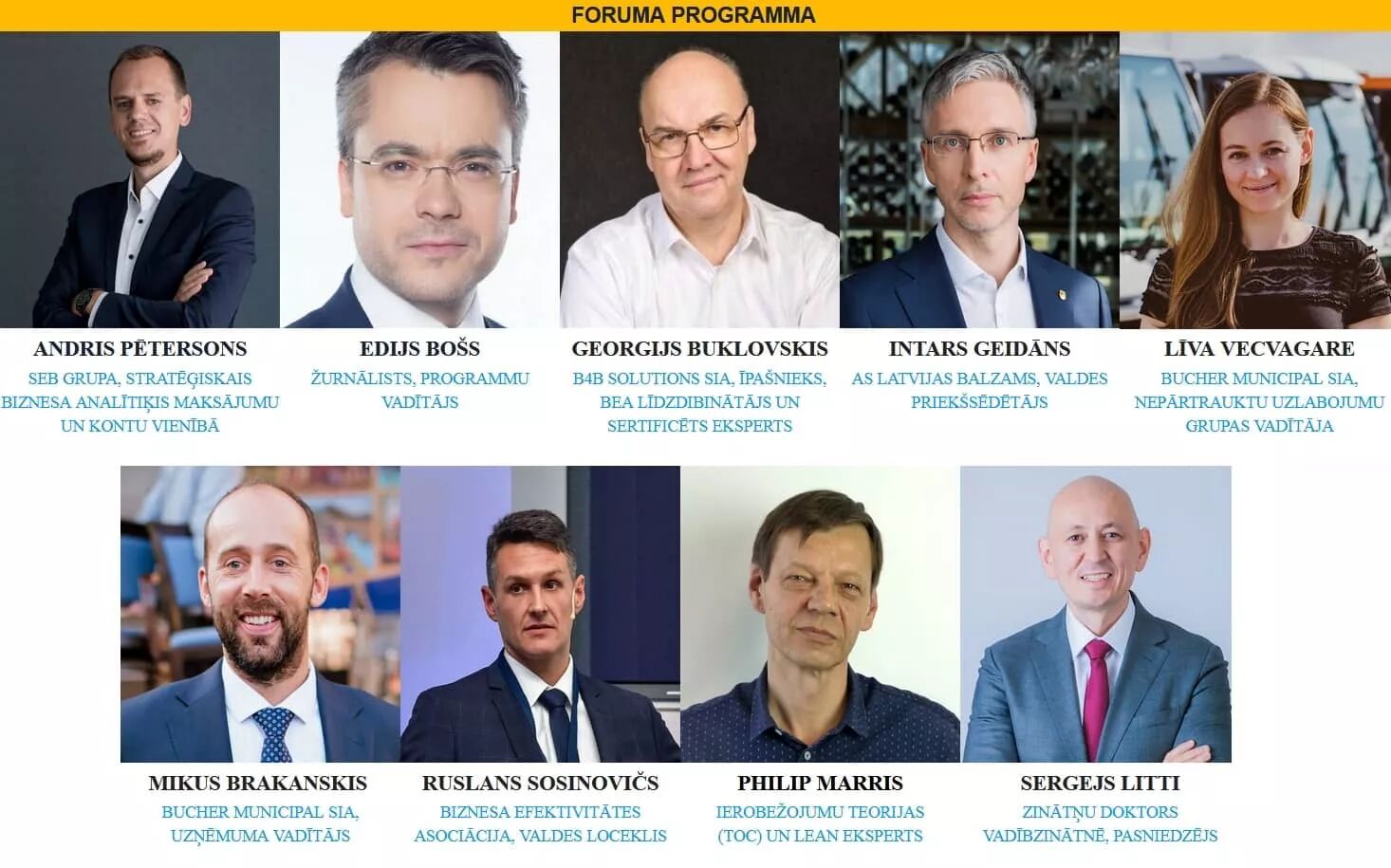
Master Class: "How to combine the Theory Of Constraints and Lean to quickly boost operational performance "
This workshop present how to implement what Philip Marris presented in his speech the previous day on the merits of combining the Theory Of Constraints and Lean.
This one day event combines a description of the concepts (the “theory”) and many case studies from Philip Marris’ 30 year experience in over 250 factories throughout the world.
We explain in detail the implementation process using the 5 Focusing Steps of the Theory Of Constraints (TOC):
-
IDENTIFY the system's constraint(s).
-
Decide how to EXPLOIT the system's constraint
-
SUBORDINATE everything else to the above decision.
-
ELEVATE the system's constraint
-
WARNING!!!! If in the previous steps a constraint has been eliminated, go back to step 1, but do not allow INERTIA to become the system's constraint.
In this way, and illustrated by real life examples, we see how combining Lean and the Theory of Constraints creates a powerful cocktail. The Theory Of Constraints enables a company to identify the critical elements (the constraints) that are blocking performance of the company and then the Lean (or Lean Six Sigma) tools can be used to improve the performance of the constraints which directly and quickly improve the overall performance of the company.
During this one day workshop the Theory Of Constraints’ approach to Project Management – Critical Chain Project Management / CCPM – is also briefly described.
Some people say the Theory Of Constraints (TOC) is not compatible with Lean. In this workshop we show why this is not true. To do this we describe good Lean and bad Lean, and also good TOC and bad TOC. Then we show that “good Lean” and “good TOC” can easily be combined and that the incompatibilities are not critical and can be managed.
Implementing the Theory Of Constraints plus Lean enables companies to go faster and further. This workshop explains how to do it.

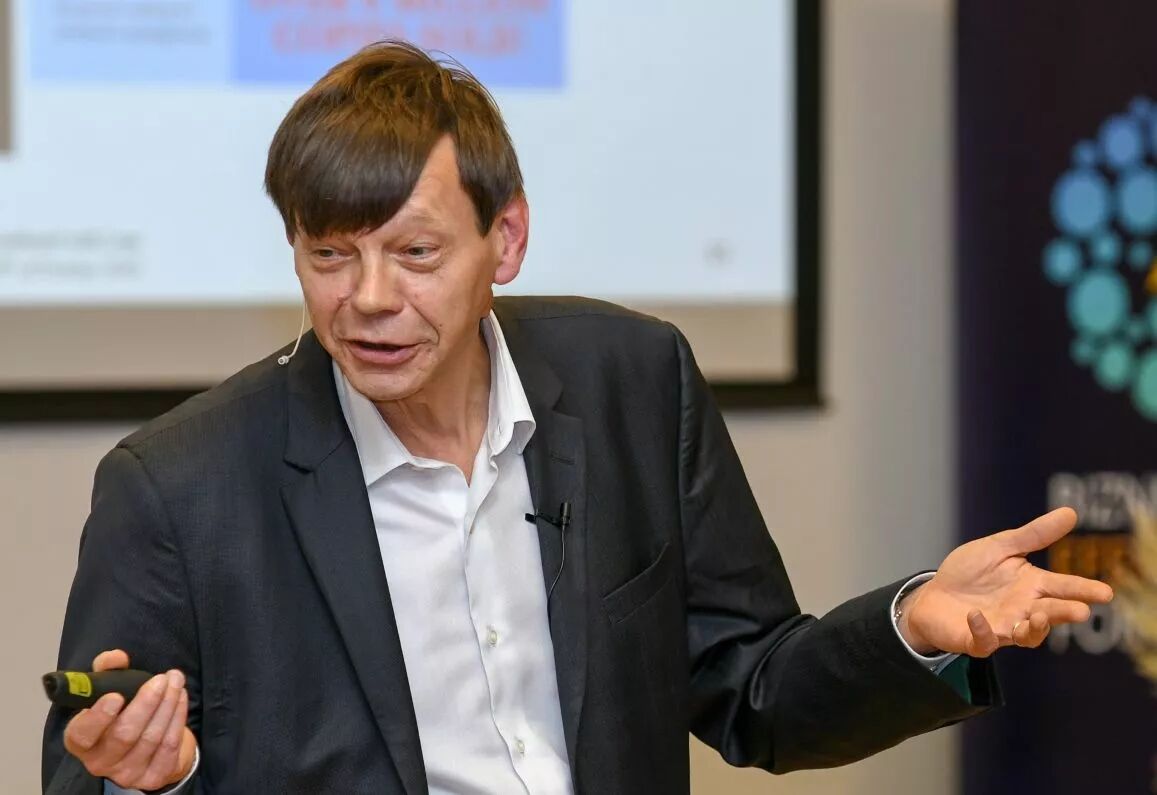
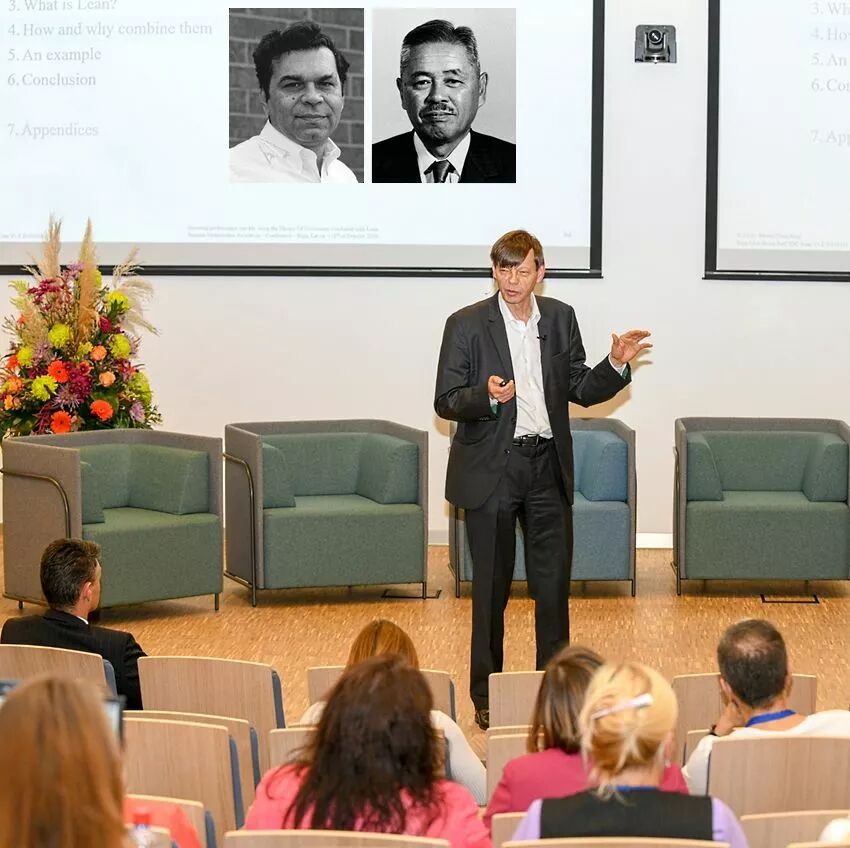
About Marris Consulting
Marris Consulting is an industry consulting and training company specialized in the Theory of Constraints (ToC) and Critical Chain Project Management. We focus on improving the performance of manufacturing and process industries by using Constraints Management combined with Lean and Six Sigma. To boost project performance, we also use Critical Chain Project Management (CCPM), which we sometimes combine with Lean Engineering. Our 2-day performance audits, our performance consulting services and our project management, Lean, ToC & CCPM training by our industry consultants offer a wide range of solutions to help our clients around the world reach the highest possible levels of performance.


